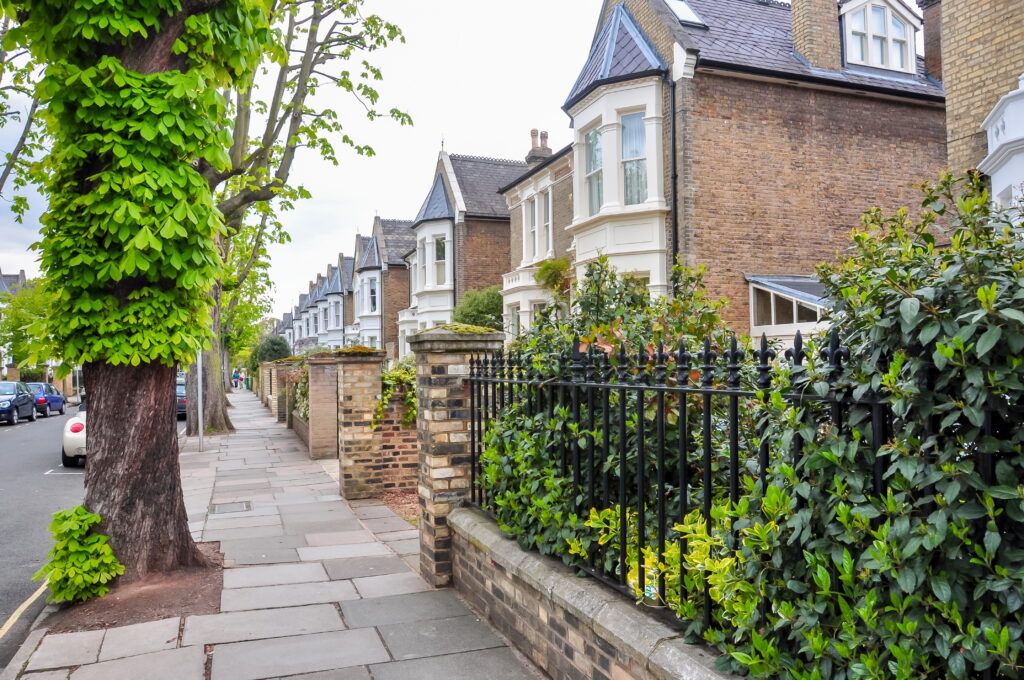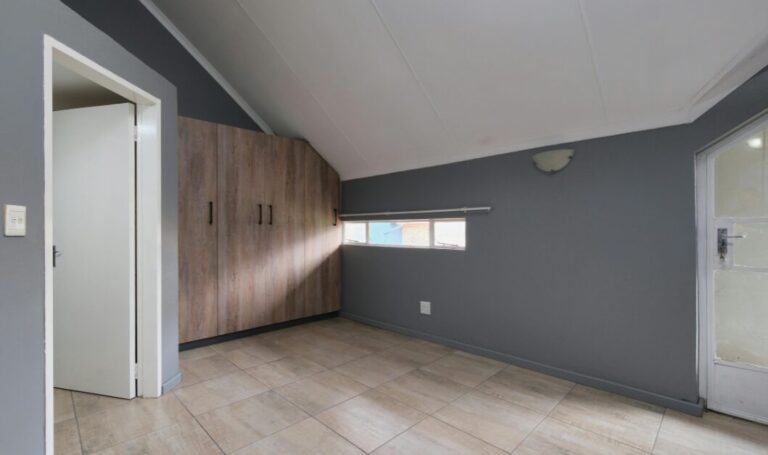So you’ve decided to sell your property.
Maybe you’re looking for a family home, need to downsize or are moving to another country. Whatever your next move, there are fees that you’ll have to pay. These vary depending on the size and value of your property but you can generally get a good idea of the range you could expect to pay.
Fees for selling a house
Fees come hand in hand with selling property. You pay them at several different points throughout your sale and can total thousands of pounds. Before you start the process, it’s a good idea to understand how much this can cost so you can factor it into your budget.
The fees can be broken into four categories:
- Preparing your home for sale
- Mortgage fees
- Estate agent fees
- Moving costs
Preparing your home for sale
These costs are optional and it’s up to you how much you spend, some changes are more time-intensive instead of expensive. Taking time to give your home a spruce up can help make it more attractive to buyers, sell faster and achieve a higher offer.
A new kitchen can add around 4-6% to your property’s value and a new bathroom can add 2-3%. But both of these upgrades are expensive and not always worthwhile just before you sell.
Instead, focus on tidying up the exterior of your home, declutter your rooms, and neutralise the décor. You might not be a fan of off-white or beige, but these colours help buyers to imagine themselves in your house.
Read our blog for more advice on how you can prepare your home for sale.
Mortgage fees
The fees you pay will depend on whether your port your mortgage or remortgage.
Porting a mortgage
If you’re porting your mortgage to a more expensive property, you will need to go through your lender’s affordability checks again and possibly pay a fee to increase your loan. You may also need to pay a valuation fee and an arrangement fee if you take out a mortgage at a different rate.
If you’re downsizing or moving to a cheaper property, you might still have to pay a valuation fee.
A valuation fee is usually based on the value of the property, but can generally range between £150 and £1,500.
Remortgaging
Remortgaging is often the cheapest way to update your mortgage, especially if you’re coming to the end of your introductory fixed term.
If you’re out of your fixed-rate period, this a great time to shop around find a new deal. You won’t have any fees to pay (other than perhaps a valuation fee for the new property) and you’ll save a lot of money.
If you’re not out of your fixed-rate period, you need to weigh up the pros and cons of remortgaging. Exit and early repayment charges can be hefty and are often 2% – 5% of the outstanding loan.
We could spend ages talking about the pros and cons, so read our remortgaging guide if you want to find out more about the process.
EPC costs
It’s a legal requirement that all properties for sale have an EPC certificate available that shows how energy efficient your property is. You need this before your property goes on the market.
You can only get this from accredited companies and the cost can range from £35 to £150.
Estate agent fees
This is one of the biggest fees you’ll pay when you sell a house. There are different options available, but generally, you get what you pay for.
Online estate agents are cheaper and range from £99 to £1,695 with an upfront fee. However, you have to do a lot of the marketing, viewings, and admin yourself. If your property doesn’t sell you’re left out of pocket.
Privately marketing your property is the cheapest option but you have to do absolutely everything yourself. You also won’t have access to the popular property portals that buyers use like Rightmove and Zoopla.
High street estate agents are the most popular route. Fees vary and are often charged as a percentage of the property value. This can range from 0.75% to 3%. While this is the most expensive route, everything is taken care for you, leaving you to focus on what to do once your house sells.
Legal fees for selling a house
Once you’ve accepted an offer on your property, it’s time to instruct a solicitor or conveyancer. There are a couple of core things you pay for here:
- The service provided by a solicitor or conveyancer
- Legal fees which cover the costs for documents or actions essential to selling your home. These fees will be requested by your solicitor and are additional to the service fee you will pay.
Solicitor or conveyancing fees
Just like you’d pay a plumber for their time plus parts, these fees are the time the solicitor or conveyancer spend working on your sale.
The amount you pay depends on the complexity of your sale and the amount of time spent on the property.
Generally, you should expect to pay between £400 and £1,500, but this can vary if you have a particularly complex sale. If you’re selling a leasehold property this has additional costs of £100 to £300 for the extra legal work involved.
Legal and admin fees
On top of the service fee, you’ll also have to pay legal and admin fees. These apply to:
- Title deeds which prove you own the property. These are usually sourced from the Land Registry for £7 to £25
- Property fraud fee to protect your property from being fraudulently mortgaged or sold which is around £10
- Transferring ownership via the Land Registry when the sale is complete, this costs £200 to £300
- Bank transfer of large sums costs £20 to £30
- Money-laundering checks confirm the identity of the buyer and cost £8 per person
Selling at auction fees
If you choose to sell your property at auction, there are different costs associated with this.
Even though the method of sale is different, you’ll still have to pay estate agent fees. Estate agents help list your property and prepare it for auction.
You’ll have to pay an auction entry fee and commission. Auction fees can cost up to £3,000 and vary depending on the type of auction you are entering.
The commission is usually 2-3% plus VAT. But if your property fails to sell then you don’t have to pay commission.
You’ll also need to pay to have a legal pack prepared which gives buyers all the key information they need about your property. This can cost around £300 and can sometimes be prepared by your estate agent.
If you’re looking to sell your property at auction, we’ve got plenty of advice and tips plus information about how we can help you.
Moving costs
The last big expense is the cost of moving. This is something you can do yourself but for the sake of less stress and a smooth move, it’s worth paying the fees.
Costs can vary and depend on the size of van you need, how far you’re moving, whether you want the removal firm to pack for you, the number of special or fragile items, and how difficult access is. Prices can start at roughly £250 to over £4,000.
If you decide to do it yourself, you’ll have to pay the cost of hiring a van, fuel, packing materials and goods in transit insurance to protect your belongings.
Ready to sell your property? Get in touch for a free valuation today.




